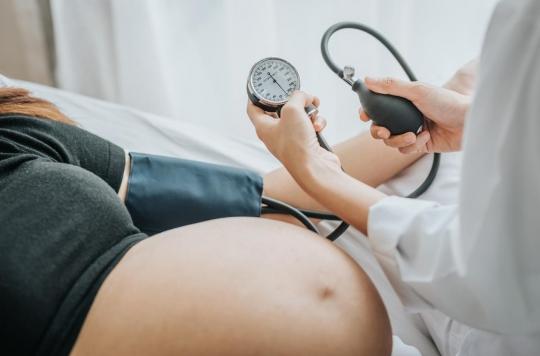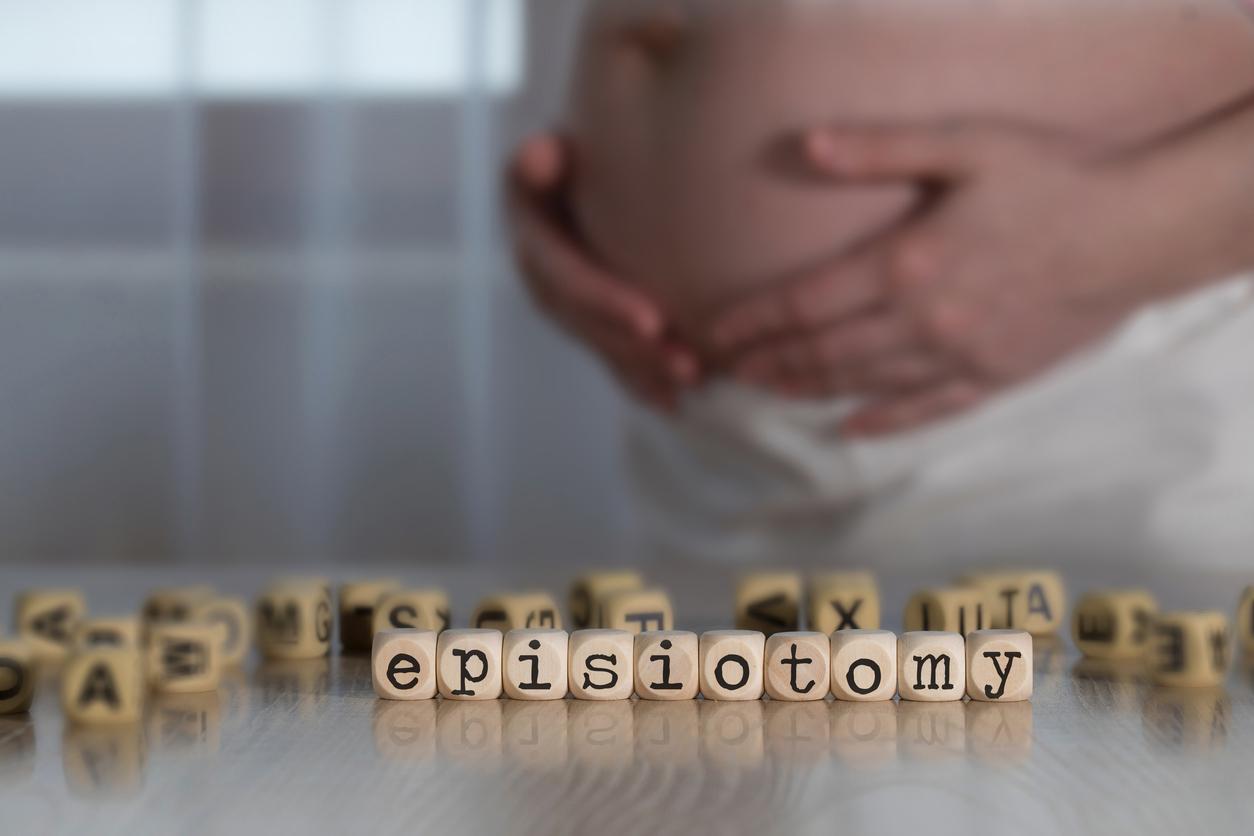Inducing preterm labor in the event of pre-eclampsia improves the prognosis for both mother and child. This is what a study in real life and on a national scale finds.

The “Hypertension and Preeclampsia Intervention Trial At near Term?I” (HYPITAT?I) study, published in 2009, demonstrated that in case of pre-eclampsia, induction of preterm labor improved the prognosis for mother and child.
According to a registry analysis of all pregnancies and pre-eclampsia pregnancies in the Netherlands, before and after publication of this study, the application of the recommendation to induce labor before term reduces the maternal mortality rate by 0.022 to 0.004%. At the same time, the neonatal mortality rate decreases from 0.49 to 0.27%. The study appeared in the journal Ultrasound in Obstetrics & Gynecology.
A before-and-after registry analysis
The researchers extracted data on pregnancies with high blood pressure, deliveries and perinatality for the period 2000-2014 from the Dutch National Perinatal Register, i.e. 143,749 women with gestational or prenatal hypertension. -eclampsia, pregnant with a single fetus in cephalic presentation, and delivered between 36 + 0 and 40 + 6 weeks of gestation (hypertensive disorder of pregnancy (HDP) group). Pregnant women without hypertension were used as a reference group (n=1,649,510). The HYPITAT-I trial was conducted between 2005 and 2008, and published in 2009. To study the impact of HYPITAT-I, researchers compared labor induction rate, mode of delivery and outcome maternal and perinatal in the registry for the periods before (2000-2005) and after (2008-2014) the trial. They also analyzed the results between hospitals that participated in HYPITAT-I and those that did not.
A positive and rapid change
This study shows a positive and significant evolution of obstetrical results in the population of Dutch pregnant women after the publication of a controlled and randomized clinical trial, the HYPITAT-I trial, published in 2009. An increase in the induction of labor from 13.1% is observed in the post-trial period, along with a marked decrease in maternal complications. At the same time, a significant decrease in perinatal mortality, mainly due to a decrease in fetal mortality, is observed in women with hypertensive disorders during pregnancy. The short period between the publication of the trial results and the start of the increase in preterm induction rates in 2010 suggests a direct association.
A serious illness
Preeclampsia corresponds to the development of arterial hypertension during the last months of pregnancy associated with an increase in the concentration of proteins in the urine (proteinuria).
It is a serious disease that threatens the health of both mother and child. Every year, around 10 million women around the world suffer from this condition and around 75,000 of them die from the disorder. In France, this figure is 7 per 100,000 births according to the WHO in 2015.
This study evaluates in real life and on a national scale, the impact of a randomized study which recommends a change in the procedures for the management of pre-eclampsia. It makes it possible to validate that this change of strategy (initiation before term) is not accompanied by rare side effects for the mother as for the child.
.















